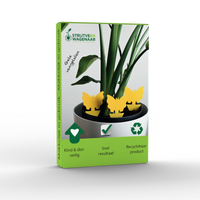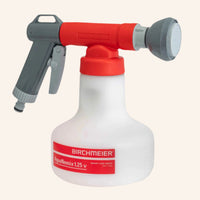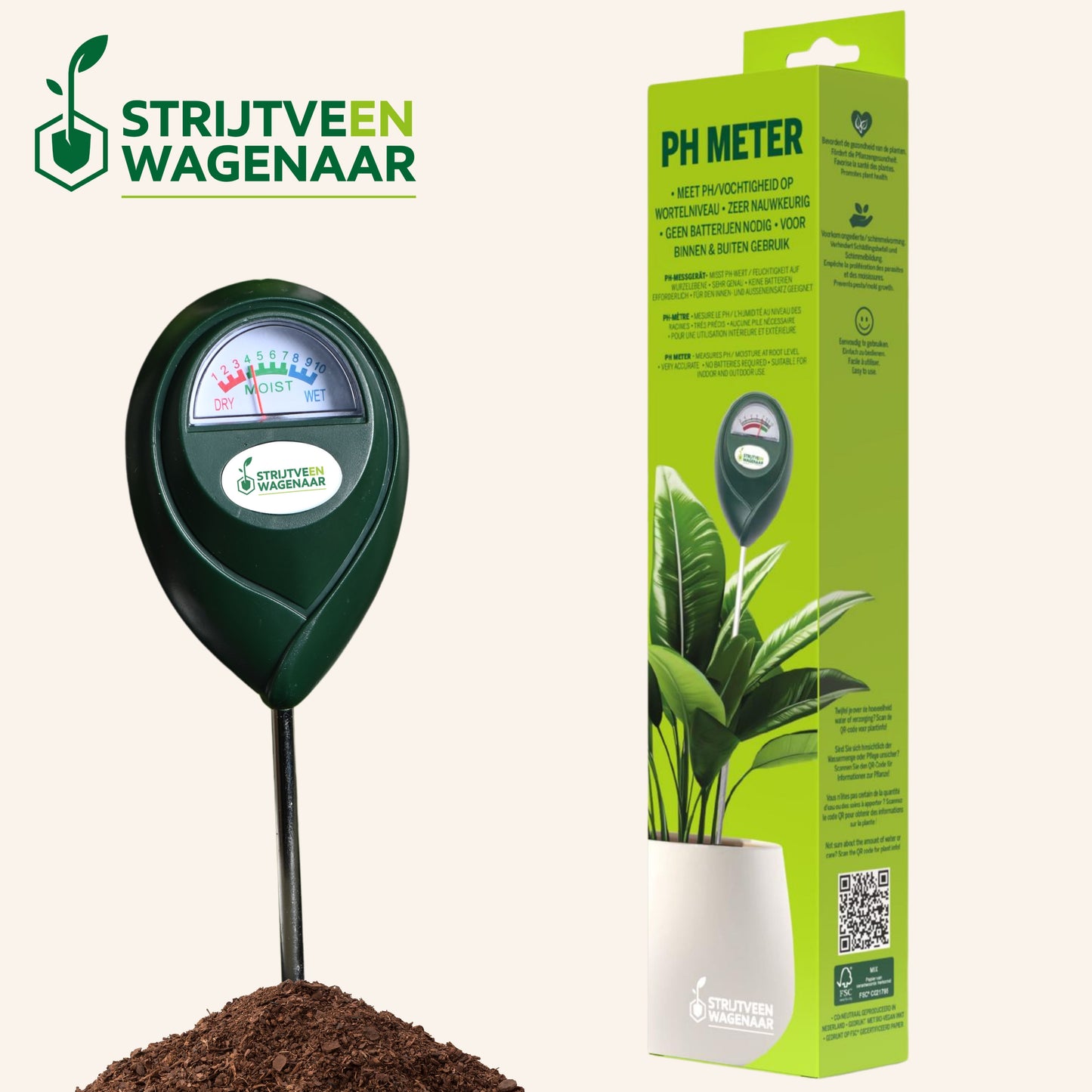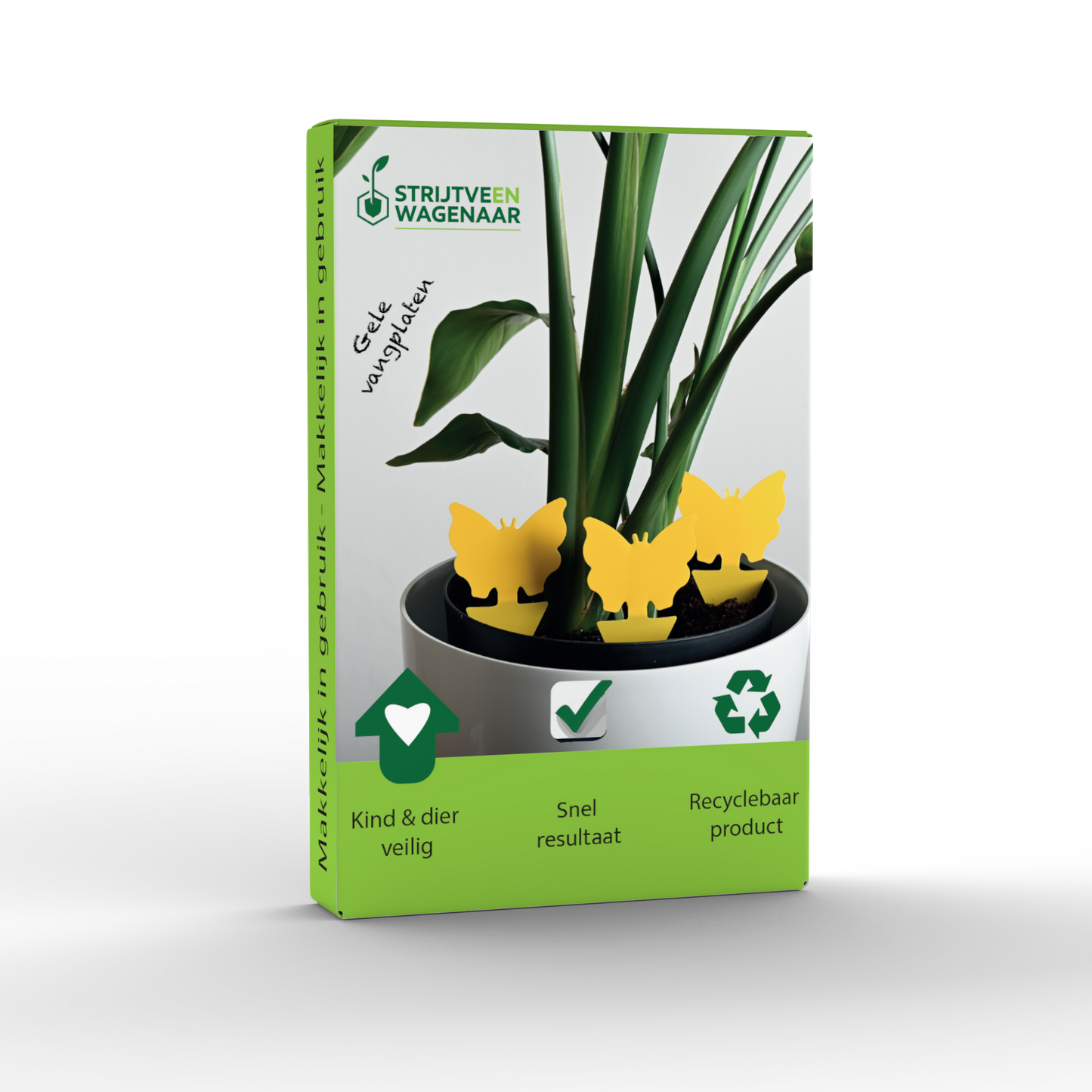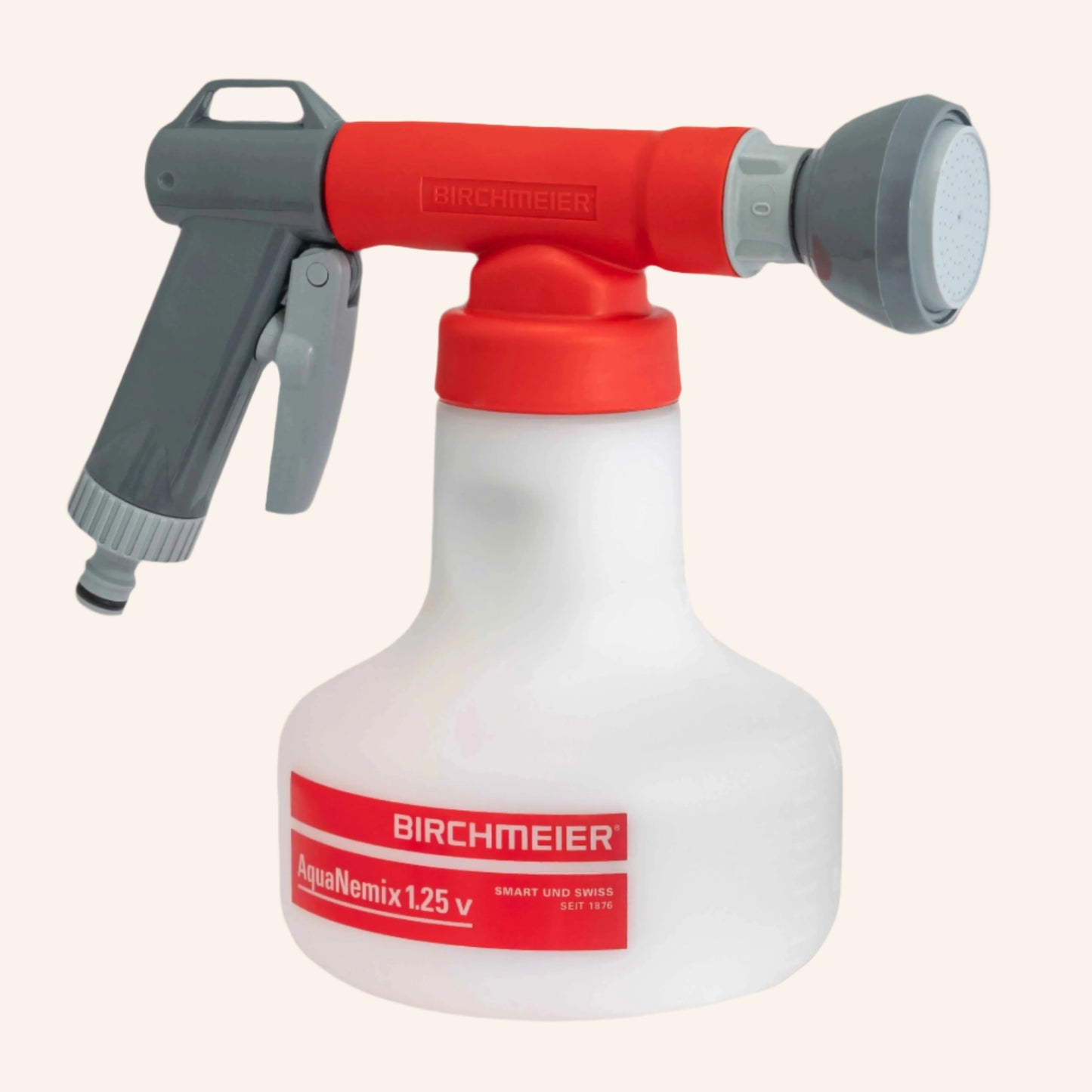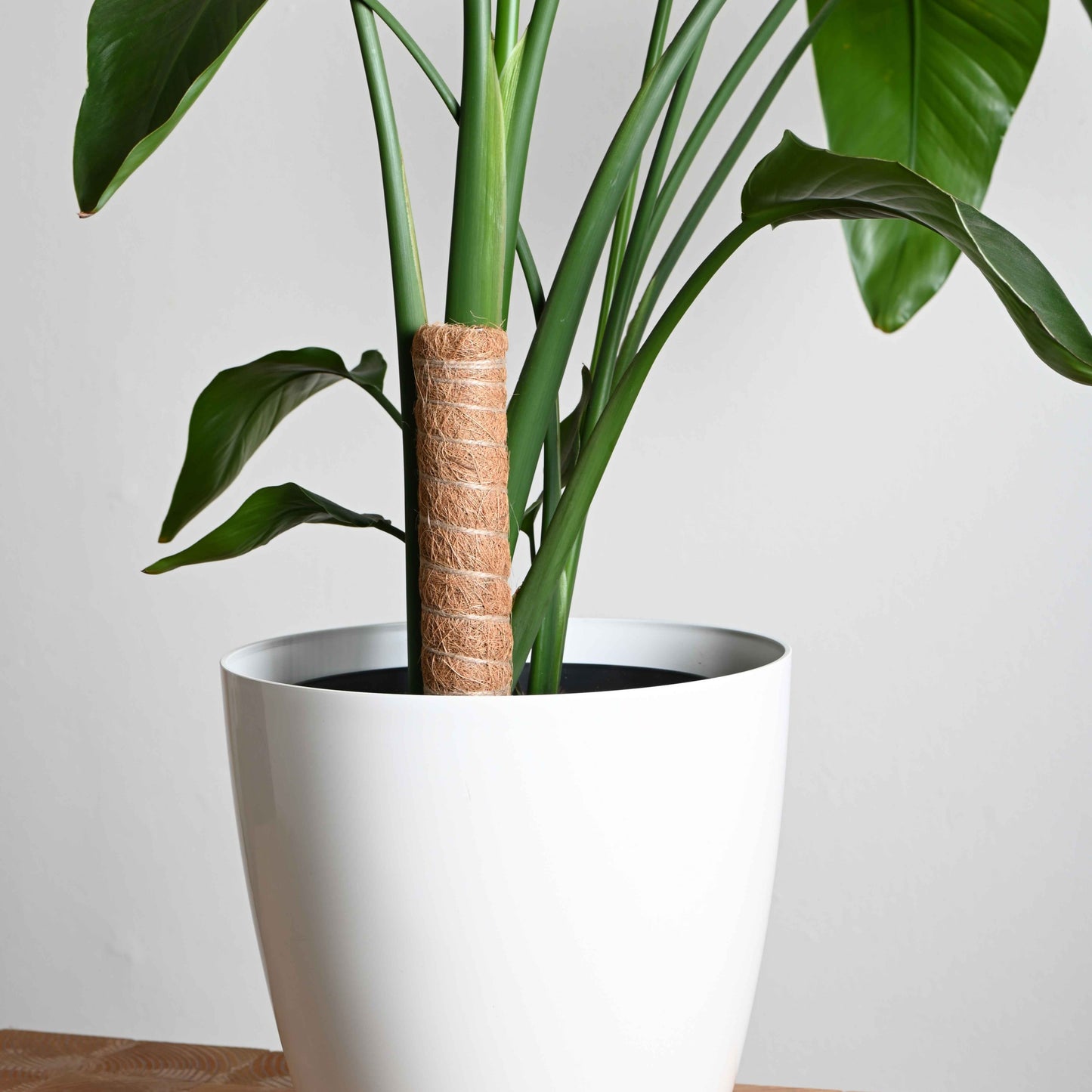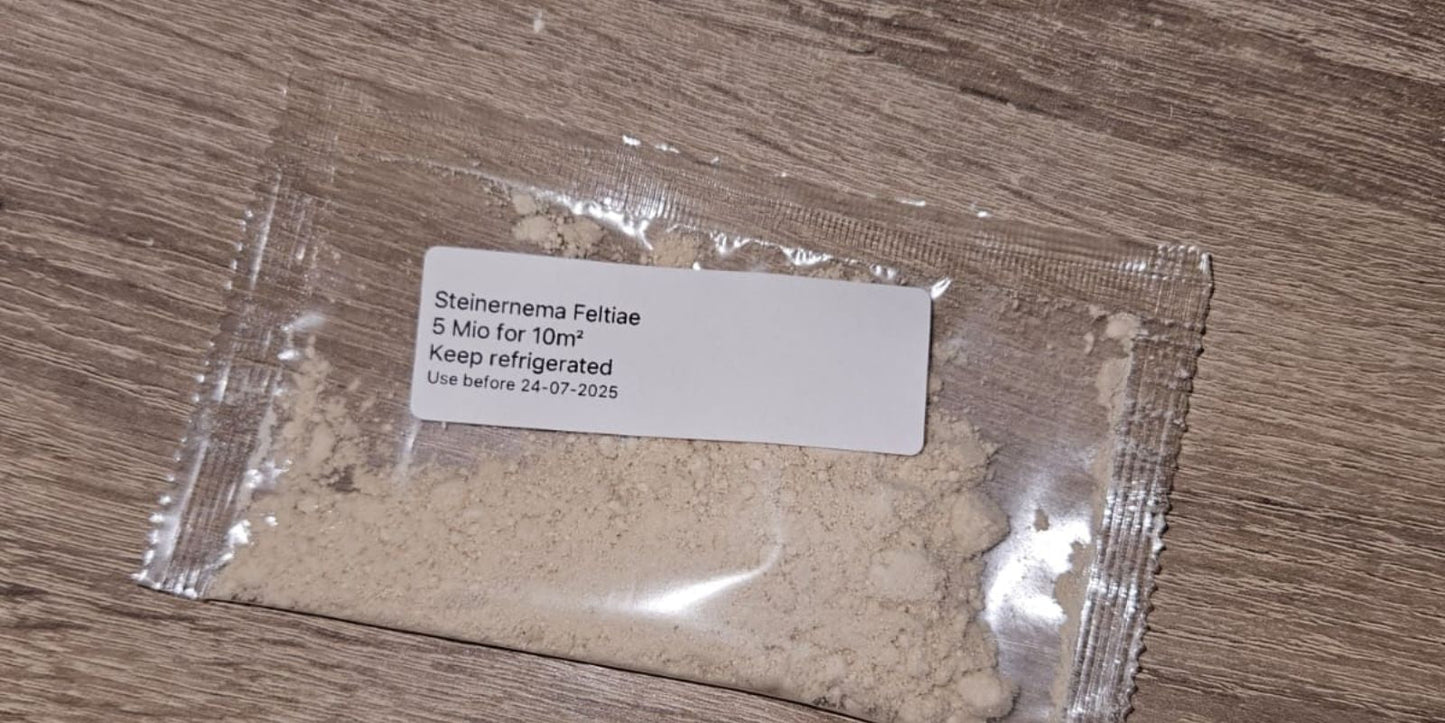
Nematodes might sound a bit strange. Tiny creatures you pour water over your plants. But they're surprisingly effective. They combat fungus gnat larvae, grubs , ants , and snails , among other things. However, they're not the solution for everyone. In this blog post, we'll outline the pros and cons of nematodes, so you can decide for yourself whether this natural remedy is right for your garden.
First, you will briefly read what nematodes are, after which we will look at the most important advantages and disadvantages.
What exactly are nematodes?
Nematodes , also called nematodes, are microscopic worms that naturally live in the soil. Certain species attack specific pest insects, such as vine weevil larvae or leatherjackets . They penetrate their prey, incapacitate it from the inside, and then reproduce inside the victim. Sounds gory, but it's good news for your plants.
Benefits of nematodes
Nematodes have a number of major advantages, especially for people who want to garden without pesticides.
Non-toxic and safe for humans and animals
Nematodes are 100 percent natural. They leave no residue and pose no risk to children, pets, or beneficial insects like bees and earthworms.
Goal-oriented
Each nematode species is designed to target a specific pest. They therefore only address the problem at hand, without harming the rest of your garden or plants.
Effective against persistent pests
Have you already tried everything to combat fungus gnats or vine weevil larvae? Nematodes can often still make a difference, precisely because they work underground where other products can't reach.
Easy to apply
You mix them with water and pour or spray it onto the soil. After applying, all you need to do is keep the soil moist for a few days.
Disadvantages of nematodes
Nematodes aren't a miracle cure. There are some downsides, too, especially regarding timing and ease of use.
They don't work right away
Unlike chemical agents, you often only see a difference after a few days or weeks. Nematodes need to be able to do their work in the soil, and that takes time.
Not one-size-fits-all
There's a different type of nematode for each pest. Order the wrong one and it won't work. So you need to know exactly which pest you're using it against.
Fresh and with a limited shelf life
Nematodes are living organisms. Therefore, they cannot be stored indefinitely. They must be fresh and refrigerated . Ideally, use them within two weeks of receipt.
Slightly more expensive than standard remedies
Biological agents like nematodes are often a bit more expensive than chemical sprays, especially if you have a large area. But you do get a safe and sustainable solution in return.
Sometimes a second treatment is necessary
For stubborn pests, you won't always see immediate results. In that case, you'll need to repeat the treatment after two or three weeks. Keep this in mind when planning your approach.
As far as we are concerned: smart, safe and sustainable
Nematodes may be small, but they pack a powerful punch. They're safe, effective, and work with nature instead of against it. Don't expect a miracle cure that will solve everything overnight; give them some time. Then you'll see how much they can truly benefit your garden.


